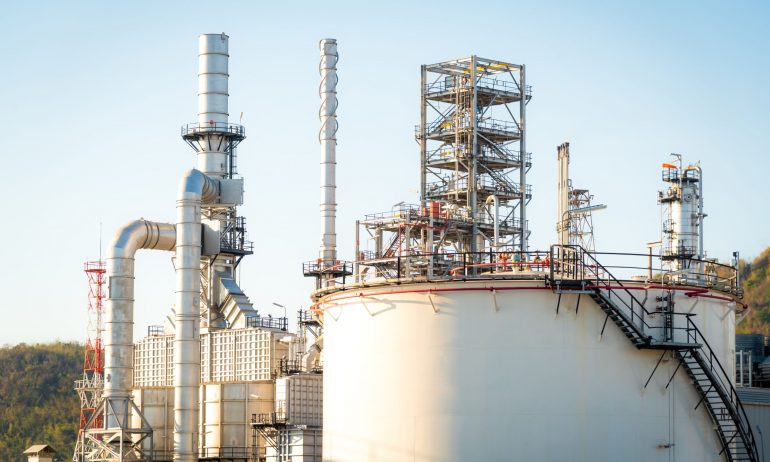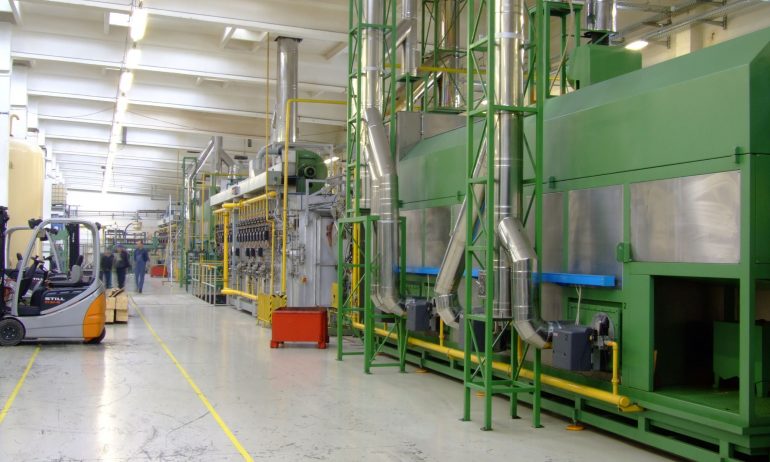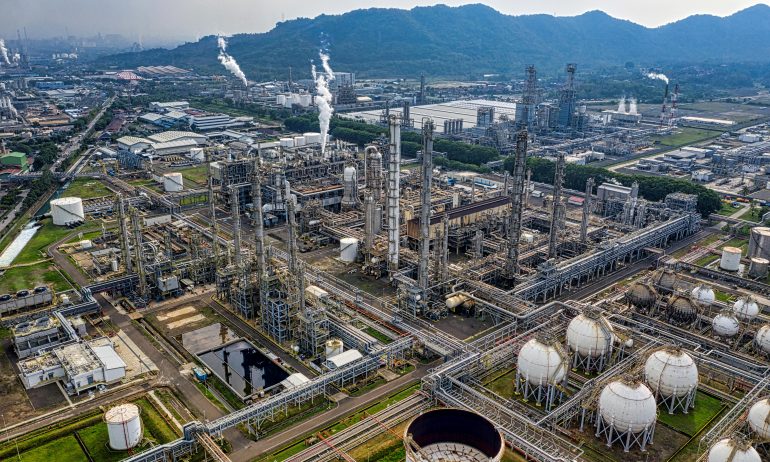The Importance of Efficient Palm Oil Processing Palm oil remains one of the most versatile and widely used vegetable oils in the world. It is an essential ingredient in food, cosmetics, and even biofuels. As industries prioritize sustainable and efficient palm oil processing, advancements in extraction and refining methods have become crucial to maintaining product […]
The Ultimate Guide to Biodiesel Production: Innovations and Expertise by Technoilogy
The Growing Demand for Biodisel As the world transitions towards sustainable energy, biodisel production has emerged as a crucial component in reducing dependency on fossil fuels. Derived from renewable sources such as vegetable oils, animal fats, and used cooking oils, biodiesel is a cleaner-burning alternative that meets stringent environmental standards. Among the leaders in biodiesel […]
The Essential Guide to HVO Pre-treatment: Advanced Solutions by Bernardini Plants
Introduction to HVO Pre-treatment The global shift towards sustainable energy sources has increased the demand for Hydrotreated Vegetable Oil (HVO) as a viable alternative to fossil fuels. HVO, often referred to as renewable diesel, requires a meticulous pre-treatment process to ensure its efficiency, sustainability, and compatibility with existing fuel infrastructure. This is the critical first […]
Mitigating 3-MCPD and GE, our new technology to drastically reduce contaminants
Since 2006, European Union enforced more and more stringent parameters for 3-MCPD and GE levels accepted in food to be traded in Europe, especially when it’s about infant food. New amendments are now underway and should come into force from January 2021. This will be an important challenge for food corporations and oil processing companies […]
Cereal Treatment with CO2: an innovative technology for a safe product
Cereal grains have been a major source of staple food all over the world because of its easiness of being stored, handled, and transported. But before being processed and destined to human consumption, all cereals must be treated properly to remove possible insects and larvae. Traditional techniques for pest control involve the use of chemical […]
The new frontier of Hydrogen
Hydrogen is light, storable, energy-dense, and produces no direct emissions of pollutants or greenhouse gases. But for hydrogen to make a significant contribution to clean energy transitions, it needs to be adopted in sectors where it is almost absent, such as transports and power generation. Today, supplying hydrogen to industrial users is a major business […]
The importance of UCO Pre-treatment for Biodiesel and HVO Production
The initiatives taken by different countries for converting used cooking oil (UCO) to biodiesel and more recently HVO, is expected to offer immense opportunity for used cooking oil market growth. Especially in the light of environmental issues concerning the usage of vegetable oil as a feedstock for biofuel production. In Europe, between 2011 and 2016, […]
Pre-treatment of Animal Fat for Biodiesel and HVO Production
In 2015-2016 the world produced about 258 million mt of meat, equivalent to 100 million tons of by-products used in different industries. Animal fat is much used in the food industry but also in Oleochemistry and Biofuel Production. Tallow in particular, is among the feedstocks used by Biodiesel and HVO Producers. Like it’s been said […]
POME Treatment for Biodiesel and HVO Production
Every Ton of Fresh Fruit Bunches processed generates between 0.6% and 1.5% of POME oil. In the past POME Oil – also called Palm Sludge Oil or Palm Acid Oil – has rarely been used as a feedstock due to the high cost of extraction. But in recent years oil corporations have started to look […]
3-MCPD AND GE: THE NEW CHALLENGE
The new challenge of reducing 3-MCPD and GE levels in vegetable oils is an important global debate that is affecting food industry and oil refiners worldwide. In Europe, EFSA’s expert panel on contaminants first assessed the potential risks of 3-MCPD together with another food processing contaminant called glycidyl fatty acid esters (GE) in 2016. The […]



